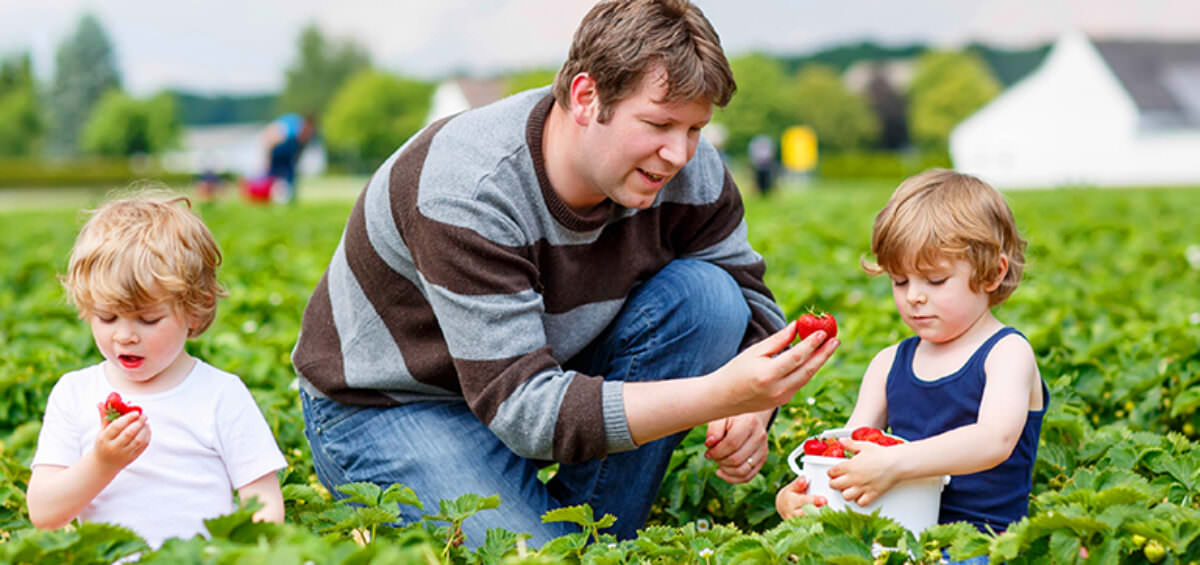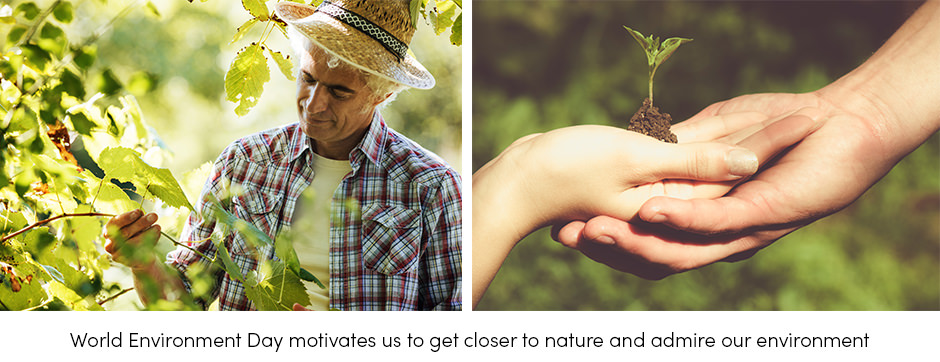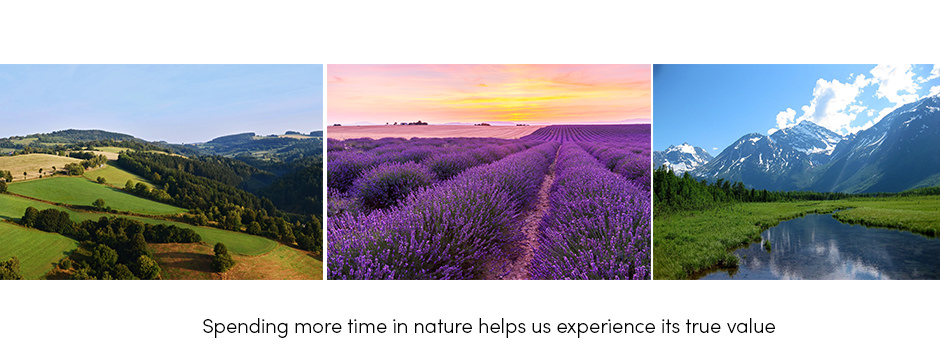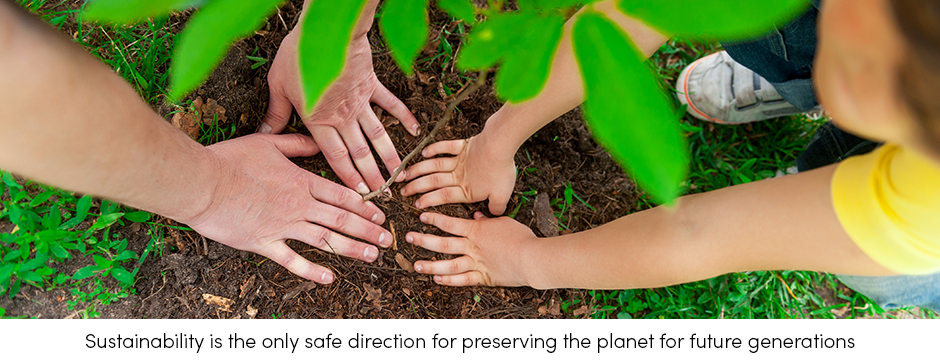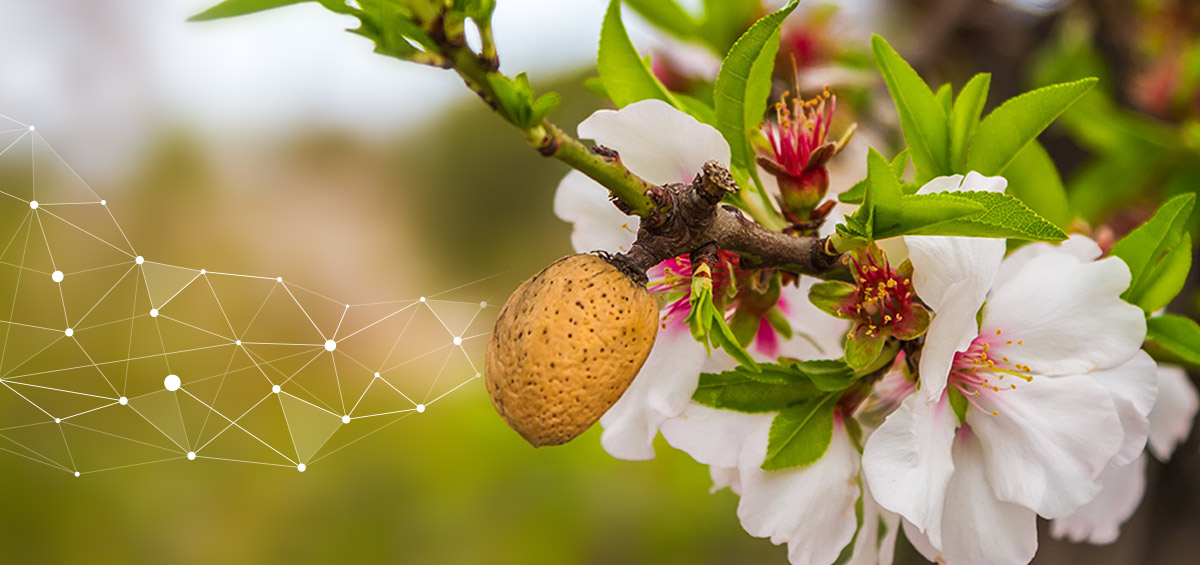World Environment Day is a unique annual event that is celebrated worldwide and with a common purpose: to encourage environmental awareness. By celebrating the environment on one specific and special day, we can all dedicate time to admire the nature that surrounds us. More importantly, World Environment Day serves as a call to action, one that motivates everyone to do something positive for the environment and for our planet Earth, our home that sustains us all.
This year’s theme Connecting People to Nature, strives to fuse people and nature. In this regard, World Environment Day motivates us to spend more time outdoors and to admire and learn to respect the environment. In doing so, we will be more able to feel and act as though we are truly connected to nature.
Why Is It so Important to Get Closer to Nature?
We should all be aware that we are simply borrowing our space here on Earth from future generations. Therefore, we have a strong responsibility to take care and be responsible in our actions that will affect our planet and do our best to preserve it for our children. Unfortunately, people often don’t realize or think about the priceless value of nature. This mindset is increasingly present today, in a time during which we pay more attention to the virtual instead of the real world.
So, is there any better way to appreciate nature than actually experiencing it? In spending more time in nature, we are given an opportunity to discover its special value. Cherishing that special relationship helps us realize how much we depend on nature.
Farmers Are Drivers of Change
Producing crops to feed the world is an honorable business. A typical farmer’s day generally consists of capturing the natural resources and redirecting them for the production of various crops. In doing so, farmers are closely connected with nature. In fact, farmers may be the drivers of change.
More importantly, every farm activity depends on nature and directly affects the environment. Therefore, unsustainable farm practices leave terrible environmental consequences. These include:
- Climate change
- Soil degradation and erosion
- Pollution of soil, air, and water
- Wasteful water consumption
- Deforestation and habitat loss
In this regard, it’s extremely important to put additional focus on sustainable farm practices. Sustainability is the only safe direction to take for feeding the world and preserving our natural resources. Unfortunately, though, many farmers are unaware of what sustainability actually means.
To simplify, sustainable farm practices are all practices geared towards the three main goals:
- Economically profitable farm business
- Socially acceptable activity; respects its own participants (workers) and strives to benefit certain communities
- Environmental sustainability; strives in managing natural resources while keeping in mind the long term consequences of each activity. In other words, the environmental aspect of sustainability involves:
- Careful water management
- Protecting, building, and maintaining soil properties (practices such as reduced tillage, no-till farming, composting, and manuring)
- Minimizing pollution of soil, air, and water
- Promoting biodiversity (practicing crop rotation, using predators for pest protection)
- Natural pest protection that excludes chemicals and instead relies on natural repellents, eith mechanical or biological measures
Agtech Is a Bottom Line of Farm Sustainability
Over the least few decades, farm technology has experienced a miraculous boom. Technological development has changed the nature of farm production; it has become completely precise and based on data. Today, data is the most valuable asset that farmers can possess.
In response to this, farmers can easily reduce their input costs, improve soil properties, reduce greenhouse gas emissions, and improve their yield by simply relying on modern Agtech.
Agtech solutions such as sensors, drones, satellites, smart irrigation systems, and farm management software, are true supports that are beneficial to every farmer who wants to be a driver of change and sustainability.
Text sources: UN || World Environment Day || WWF
